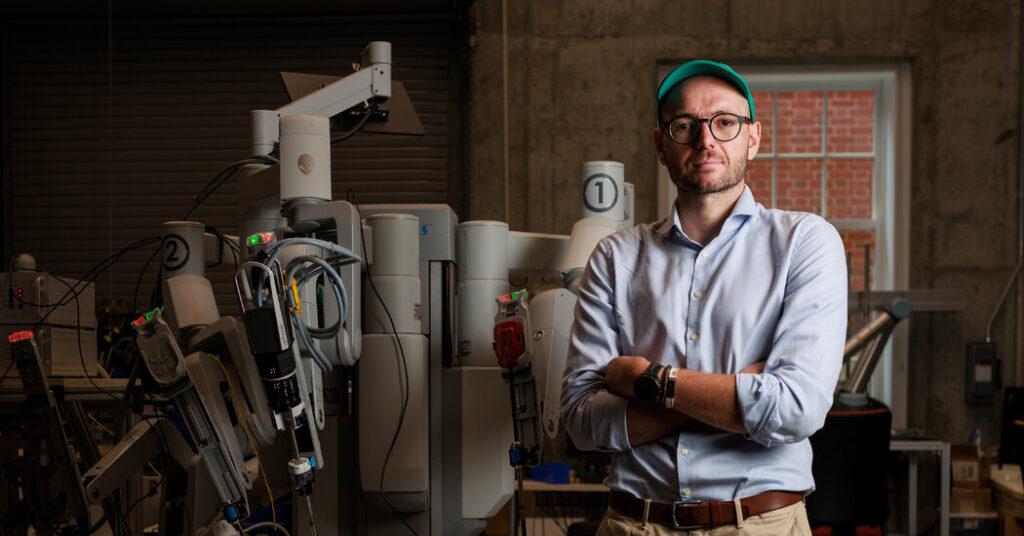Ardem Patapoutian’s story is not just the American dream, it is the dream of American science.
He arrived in Los Angeles in 1986 at age 18 after fleeing war-torn Lebanon. He spent a year writing for an Armenian newspaper and delivering Domino’s at night to become eligible for the University of California, where he earned his undergraduate degree and a postdoctoral fellowship in neuroscience.
Listen to our reporter’s commentary
Scientists told Kate Zernike that a whole system of science that the United States has built since World War II is at risk.
He started a lab at Scripps Research in San Diego with a grant from the National Institutes of Health, discovered the way humans sense touch, and in 2021 won the Nobel Prize.
But with the Trump administration slashing spending on science, Dr. Patapoutian’s federal grant to develop new approaches to treating pain has been frozen. In late February, he posted on Bluesky that such cuts would damage biomedical research and prompt an exodus of talent from the United States. Within hours, he had an email from China, offering to move his lab to “any city, any university I want,” he said, with a guarantee of funding for the next 20 years.
Dr. Patapoutian declined, because he loves his adopted country. Many scientists just setting out on their careers, however, fear there is no other option but to leave.
Scientific leaders say that’s risking the way American science has been done for years, and the pre-eminence of the United States in their fields.
